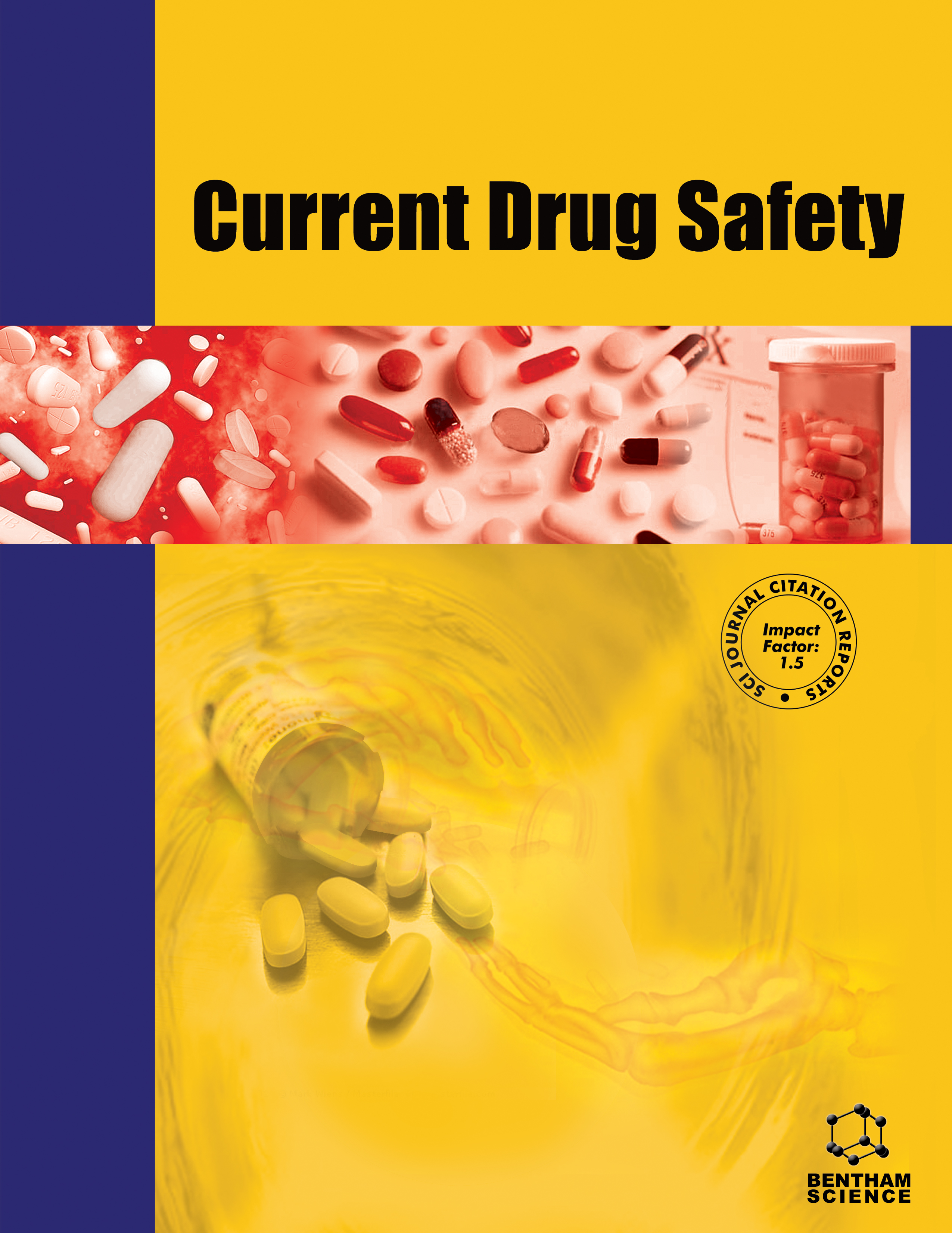
Full text loading...

Limited clinical evidence exists regarding the safety profile of amiodarone therapy in patients with heart failure (HF) who already have underlying cirrhosis. The present study aimed to investigate the safety profile of amiodarone in patients with cirrhosis and HF concomitantly.
This was a retrospective cohort study with the TriNetX database using ICD-10 codes. Patients aged > 18 years with HF and cirrhosis receiving amiodarone for atrial fibrillation/flutter or ventricular tachycardia/fibrillation were compared with those not receiving amiodarone as a control group. Patients with end-stage renal disease were excluded. The primary outcome was a composite of all-cause mortality or all-cause hospitalization/emergency room visits.
No significant differences in the primary outcome were found between the amiodarone and non-amiodarone groups (OR: 1.125 [95% CI: 0.956, 1.324]; P=0.158). The time-to-event analysis also revealed no significant differences in the primary outcome between the two groups (HR 0.949 [95% CI 0.816, 1.103], P=0.499). There were no significant differences in all-cause hospitalization/emergency room visits (OR: 1.013 [95% CI: 0.880, 1.166]; P= 0.121), all-cause mortality (OR: 1.031 [95% CI: 0.901, 1.179]; P=0.656), and worsening hepatic function between two groups (OR: 0.943 [95% CI: 0.798, 1.115]; P=0.494).
To our knowledge, this is the first study that evaluated the use of amiodarone in patients with underlying cirrhosis in the real-world database.
The amiodarone therapy in patients with underlying cirrhosis and heart failure may be reasonable with close liver function monitoring if the benefits outweigh the risks of amiodarone therapy.